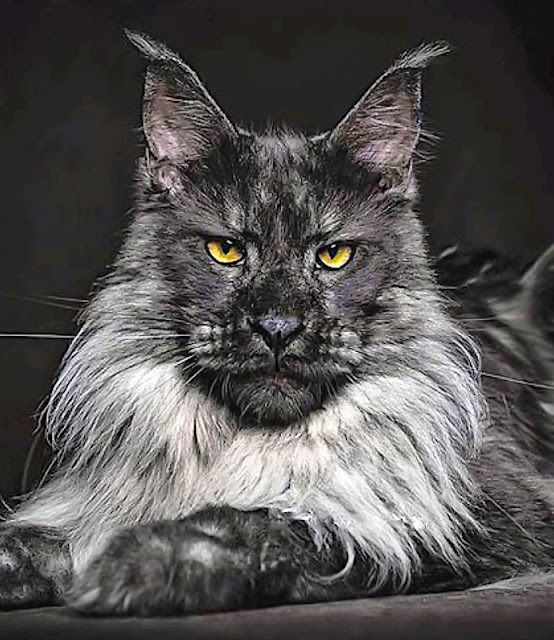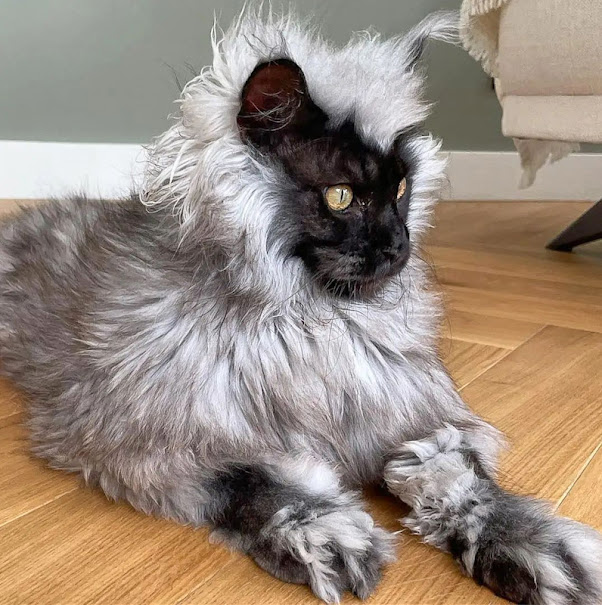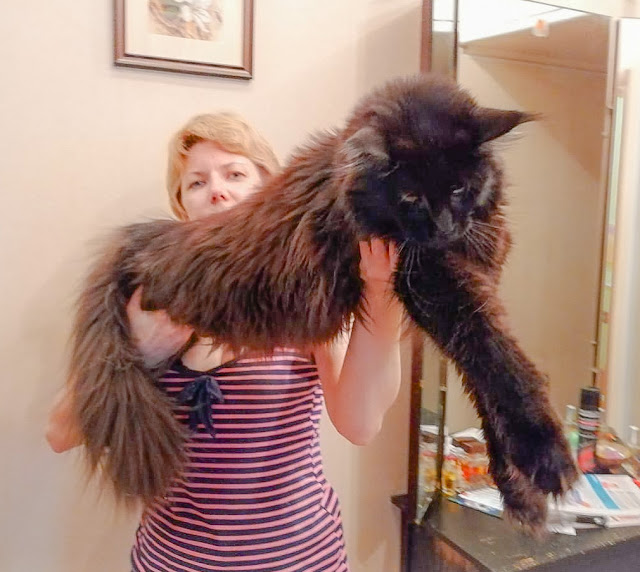When buying a Maine Coon should I ensure the breeder has tested for PKDef?
PKDef is a shortened version of "Pyruvate Kinase Deficiency". It is an inherited disease which is handed down from parent to offspring in a non-sex linked (autosomal) mutated recessive gene which affects the red blood cells to the point where they no longer function properly as they break down faster than they should.
It can lead to anaemia due to not enough red blood cells being present. It also occurs in humans. People with this disease lead a healthy life.
 |
| DNA testing. Image: Pixabay. |
Carrier cats are clinically healthy but can pass the defective gene to their offspring.
Breeds affected are Abyssinian, Bengal, Egyptian Mau, LaPerm, Maine Coon, Norwegian
Forest, Savannah, Siberian, Singapura, Somali, Toyger and Tonkinese according to Longford Vets in the UK.
Somalis and Abyssinians are the worst affected and a PKDef genetic test to diagnose autosomal-recessive pyruvate
kinase deficiency is obligatory for the Asian, Bengal,
Somali and Tonkinese breeds in the UK before registration with the GCCF.
I have written about this disease before: Largest DNA-based study - info. on Pyruvate Kinase Deficiency in Maine Coons.
According to this study the disease affects 14.3% of Maine Coons which is disturbing. A test therefore by the breeder would be essential in my view and she should present the purchaser with a certificate to that effect.
There should also be tests for HCM, SMA. The former is hypertrophic cardiomyopathy, and the latter is spinal muscular atrophy.
The kittens should be certified clear of FIV and FeLV too.
It seems that there is no point testing for hip dysplasia and patella luxation as these diseases are part and parcel of the Maine Coon breed. The purchaser buys into these diseases causing lameness. Wrong? Tell me please.










Comments
Post a Comment
Please share your Maine Coon experiences.